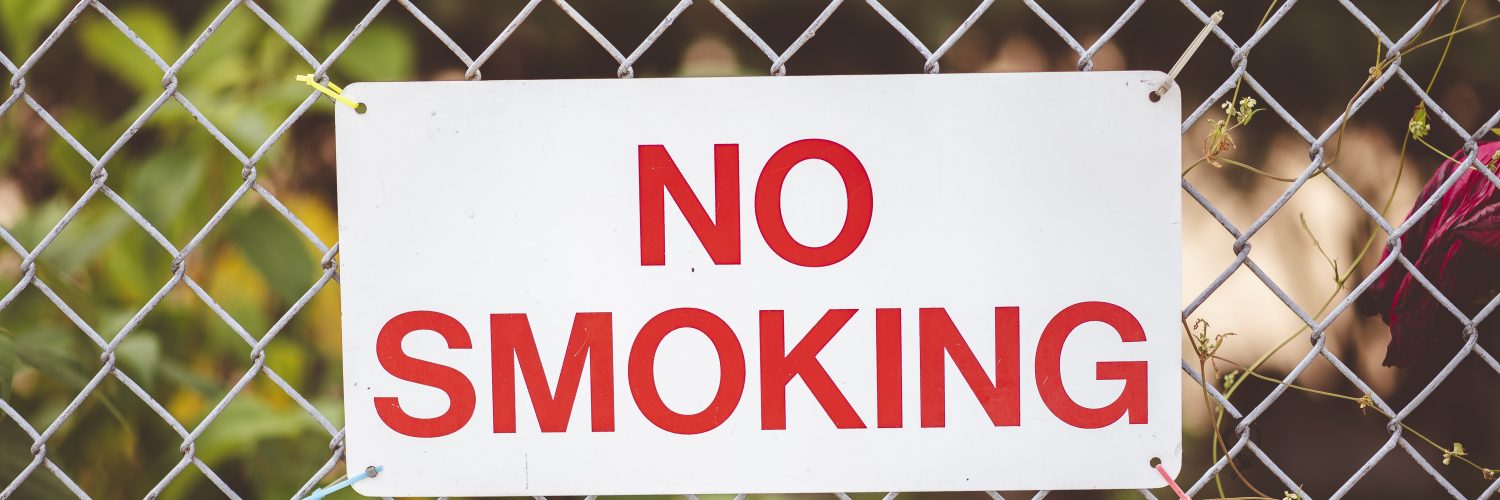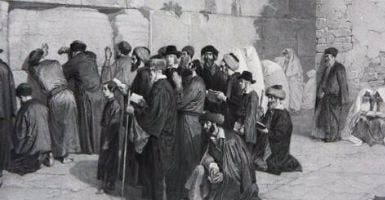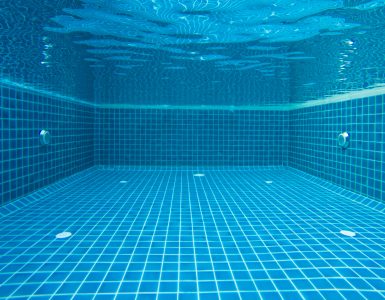In contemporary society, it is unnecessary to spell out the great harm caused by smoking. Smoking has deleterious and harmful effects on many body systems and is a significant risk factor for heart disease, cancer, and lung disease. Studies have conclusively demonstrated that secondhand smoke is also harmful.
Up until the last several decades, smoking in public areas was accepted and very common, even indoors (such as in Yeshivos and workplaces). Smokers were accustomed to smoking inside their homes as a matter of course. However, as awareness has increased about the harms of smoking, there has been a corresponding increase in restrictions on smoking in public areas. It is now strictly prohibited by laws in enclosed public places, except in certain designated areas.
Contemporary Poskim strongly condemn smoking and warn the public against it. Though some Poskim offer some defense for those who smoke, HaGaon Rav Asher Weiss Shlit”a (Minchas Asher 1:35) contends that since the facts clearly indicate that smoking is a danger to health, “while it is not forbidden to smoke an individual cigarette, it is completely forbidden to form an addiction to smoking. Since most people who smoke become addicted to it, and can then no longer resist it, a person should refrain from this disgraceful practice.”
What is the Halachic perspective on smoking in public places? Can a person be prevented from smoking in an area occupied by others? Is there a difference in this regard between smoking in public and private areas if the smoke will enter another person’s home?
For example, Rav Moshe Feinstein zt”l was asked (Igros Moshe, C.M. 2:18) whether certain members of a Kollel could prevent others from smoking in the Beis haMedrash. The nonsmokers claimed that they couldn’t tolerate the smoke that caused them headaches and also placed their health at risk.
The laws of “Nizkei Shcheinim” – damages caused to neighbors or people in one’s vicinity are dealt with in the second Perek of Maseches Bava Basra (“Lo Yachpor”). This essay will examine one Sugya there that is relevant to the question at hand.
The Gemara (ibid. 22b-23a) relates that R’ Yosef owned a grove of palm trees. A group of bloodletters would sit beneath the trees while performing their work, leaving blood on the ground, and ravens that came to drink the blood would land on the trees and damage the dates. Rav Yosef ruled that the bloodletters should be prohibited from operating beneath the trees. Abaye contended that since the bloodletters were only indirectly damaging the dates (“Grama b’Nizakin”) they could not be prohibited from working there, however, Rav Yosef retorted that Grama b’Nizakin is, in fact, forbidden.[1]
The Gemara asks that the bloodletters had surely already acquired a Chazaka to operate in the area, so how then could Rav Yosef evict them? Though generally a Chazaka cannot be established by those who cause damage (“Ein Chazaka l’Nizakin”), that is only true of intolerable damage such as smoke or the odor of a toilet, where the affected party can never be assumed to have forgiven the damage.
Rav Yosef replied that he was a finicky person (an “Istenis”), and the blood left by the bloodletters was comparable to smoke or toilet odor in his eyes. Therefore, the bloodletters had not established a Chazaka, and he was entitled to evict them.
In other words, not everything that bothers other people is considered to be damage, and even that which is subjectively considered damage can be subject to a Chazaka. If the damaged party does not protest, he can be assumed to have forgiven the damages and forfeits his right to prevent them. However, in the case of clear and tangible damage, the damaged party can always protest, as he can never be assumed to have forgiven it (as explained by the Rambam, Hilchos Shcheinim 11:4).
The Gemara’s example of “clear and tangible damage” is “smoke and toilet odor”. Tosfos contend (s.v. “b’Kutra”) that “smoke” refers to smoke generated by a [commercial] furnace which is immense and very damaging. However, the Ritva and Nimukei Yosef hold that one can protest even against smoke generated in a neighbor’s home if it is constant, and a Chazaka can never be established. If it is not constant, though the damaged party can object, a Chazaka can be established if he fails to do so.[2] However, if the damaged party is an “Istenis” and the smoke greatly bothers him (according to Tosfos, this refers to smoke that is not as immense as that of a furnace and, according to the Ritva and Nimukei Yosef, regular smoke that is not constant), a Chazaka cannot be established.
Tosfos also ask why the Gemara implies that Rav Yosef’s ruling was based on the damage caused to his dates. Since Rav Yosef’s justification for protesting the bloodletters’ practice was that he was an Istenis for whom the presence of blood was greatly bothersome, the subsequent arrival of the ravens and their damage of his dates should not have been relevant.
Tosfos offer two answers. First, although Rav Yosef was greatly bothered by the presence of the blood, he would have been willing to tolerate it and not protest. However, since the ravens were damaging his dates, he exercised his right to protest the blood. Second, perhaps the ravens would consume the blood and then sit on the dates and dry their beaks on them. This made the dates disgusting to Rav Yosef.
Tosfos’ second answer teaches an important principle. In cases where most people would not consider something to be damaging (as in this case, where most people would simply wash the blood off the dates and not be disgusted by it), an individual who does consider it to be damage can protest, and the other party must refrain from the damaging activities. The same argument can be applied to smoking in a public area. Even if the majority of the public are not bothered by the smell, the minority who are bothered by it may protest and force the smokers to go elsewhere.
This Halacha does not only apply to smoking in a public area. Even if a person smokes in his own home or yard, but the smoke affects others in their homes, he may be prevented from doing so. This is evident from the Rosh (Ibid. 2:18) who briefly summarizes this Halacha: “It is implied that any damage which is caused and it is known that the protestor cannot tolerate it, though others can tolerate it, no Chazaka can be established”. The Rosh’s ruling is cited by the Shulchan Aruch (C.M. 155:41).
However, the Biur haGra notes that the Rosh (and Shulchan Aruch) specifically state that “it is known that the protestor cannot tolerate it”. In other words, a person cannot always claim that something bothers him to the degree of “smoke and toilet odor” mentioned by the Gemara. It must be comparable to the case of Rav Yosef who, as Tosfos note, was known to be an Istenis. On a similar note, the Shita Mekubetzes (ibid.) contends that a person can only make this claim if one of two conditions are fulfilled: Either he is known to be an eminent person who would not make a false claim, or if the damage in question is clearly intolerable.
Assumedly, cigarette smoke should be considered damage which is “clearly intolerable”. Though there are a significant number of people who are not bothered by the smell (particularly smokers themselves), the majority of people find the smell insufferable and do not tolerate it entering their homes. Moreover, even among those who smoke, there are many who will not do so in enclosed areas or in their houses. Above all, since the smoke emitted is known to be greatly harmful to health (even through secondhand exposure), it can certainly be protested, even if it does not greatly bother a person, as it is considered “clear and tangible damage” for which a Chazaka is never established. Therefore, a person may be prevented from smoking even on his own property if the smoke will impact others who live nearby (as commonly occurs when people smoke while standing on open porches in an apartment block).
Damage caused by cigarette smoke is, in fact, of greater severity, as it is caused directly (it is not a Grama) by the smoker exhaling smoke towards others. In fact, Rav Moshe (ibid.) contended that if Beis Din were permitted today to judge cases of damages (see C.M. 1) they would obligate smokers to compensate people for their suffering from the smoke (“D’mei Tza’ar”), and, if people took ill due to the smoke, smokers would have to pay for their medical treatment (“D’mei Ripui”).
Many contemporary Poskim concur with Rav Moshe.[3] However, “one of the Gedolei haDor” is cited as ruling that a person cannot be prevented from smoking in a public area due to the principle of “Shomer Pesa’im Hashem”. Nevertheless, since it has been clearly proven that even passive smoking is deleterious to health, it would appear that the position of the majority of the Poskim is correct. In the words of the Tzitz Eliezer (15:39), “It is absolutely absurd to ignore and blithely dismiss all of this and claim that the principle of ‘Shomer Pesa’im Hashem’ is applicable here”.
The Tzitz Eliezer adds that even in places in which it had always been acceptable to smoke (such as Yeshivos and workplaces), policy may now be reversed and smoking prohibited due to current medical knowledge. He bases this contention on the words of the Rashba (Shu”t 3:162) who explains that with regard to damages akin to “smoke or toilet odor”, a Chazaka cannot be established because the damaged party may claim “I thought I could tolerate it but I cannot”. In other words, even where the damage is initially acceptable, one can later claim that he was mistaken in believing that he could tolerate it. If so, damage caused by cigarette smoke, where the harm was not previously known, can certainly be protested at a later date when the harm it causes becomes known.
Regarding the extent to which a smoker must
distance himself from others – the Tzitz
Eliezer rules that it should be determined by experts. This follows the
ruling of the Rema (155:20) that if a
form of damage does not have a previously prescribed Shiur of Harchaka it should be determined by Beki’im.
[1] Tosfos (s.v. “Assu”) explain that the bloodletters must have been sitting in their own land, else Rav Yosef could certainly have evicted them, independent of the Halachos of Grama b’Nizakin.
[2] This position is also held by the Ramah (cited by the Tur) and Rivash (456). However, the Terumas haDeshen (Pesakim 137) holds that if the smoke is not constant, the damaged party cannot protest at all. The Beis Yosef rules like the Ramah, and the Darkei Moshe rules like the Terumas haDeshen. The same dispute is played out between the Shulchan Aruch and the Rema (C.M. 37). In this essay, we will not delve into this element of the Sugya, as the damage caused by smoking is comparable to the Gemara’s examples of “smoke and toilet odor” for which a Chazaka can never be established.
[3] See the Tzitz Eliezer (cited below) and Teshuvos v’Hanhagos (1:159).














